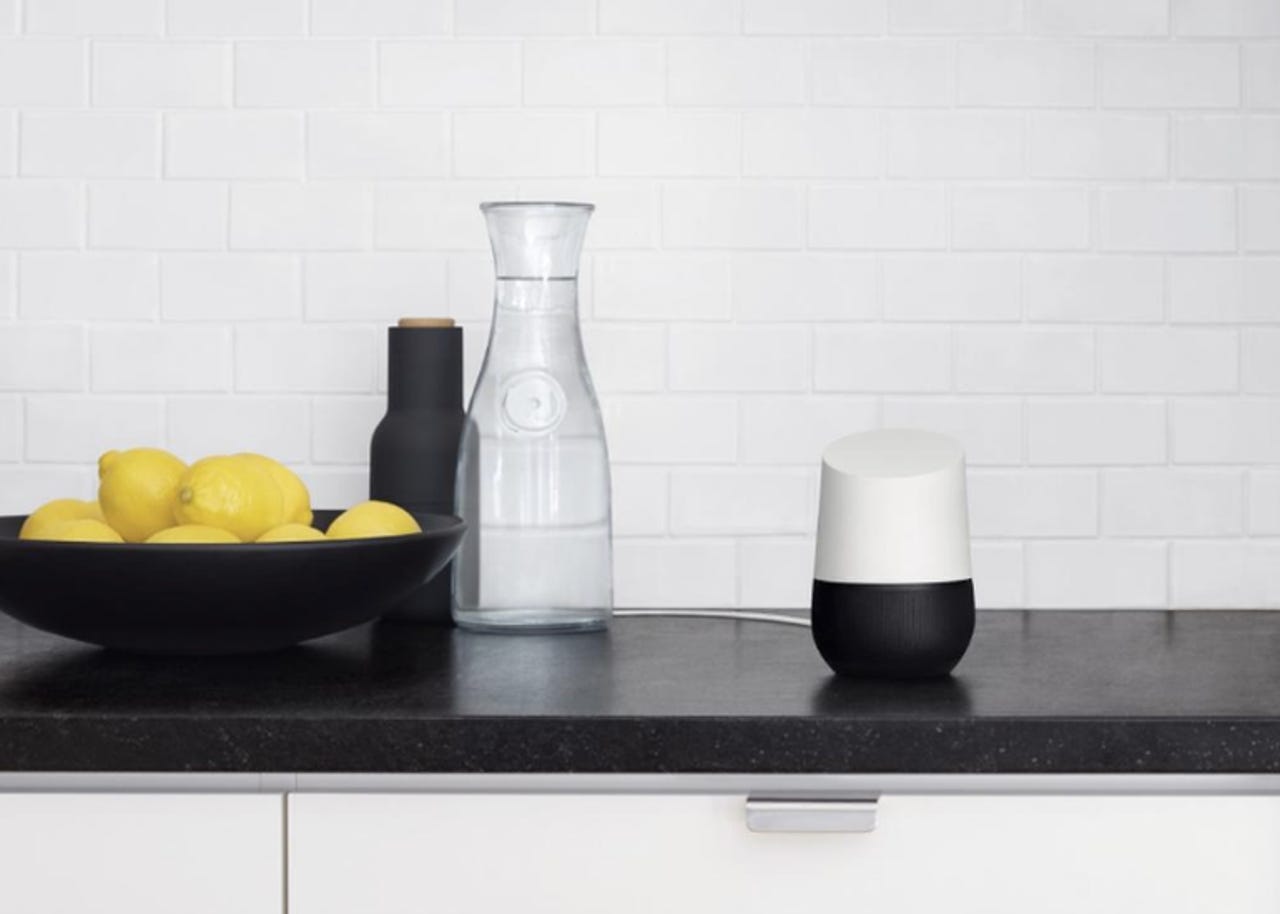Amazon Echo and Google Home: Where the real battleground lies


Google Home: a sophisticated cloud-powered artificial intelligence, hidden in a half-burned-down candle.
Google has finally unveiled its smart speaker for the connected home, Google Home, which it hopes will take on the current incumbent -- Amazon's Echo.
Google Home, like the Echo, is a voice-activated speaker that can also function as a digital assistant, playing music, answering questions, controlling devices or checking your calendar.
More Google
Looked at another way, both products are gateways to sophisticated cloud-powered artificial intelligence that you just happen to access through something the shape of two stacked cans of beans (Amazon Echo) or a half-burned-down candle (Google Home).
They're also the most high-profile visions of a big change that's on the way. Soon, most of the computing around us won't be in 'computers' anymore (that's probably already the case for some of us), but in other devices like smartphones, wearables, smart home assistants like these, and built into our homes or offices.
All of this means that the way technology has been marketed -- and judged -- will also change. These devices won't be marketed like smartphones, with the emphasis on megapixels and processor performance: nobody really cares what processor is inside Amazon's Echo or Google's Home.
These are smart pieces of technology in the devices, for sure (Amazon has detailed the hard computing problems it had to chew through to make the Alexa service work), but most of the interesting stuff is at the back end -- taking speech, understanding the context of the request and being able to respond to it, whether that's playing a song, checking the weather, setting a timer or just telling a joke.
So in the absence of tech specs to pore over, how should we measure these new digital assistants? How they well they respond to our voice commands will be key, of course, along with how big an ecosystem of apps (or 'skills') they can generate.
A matter of trust
But I also think that trust ought to be a big calculation here.
Devices like these are perhaps less intimate than smartphones, because we don't carry them around in our pockets all the time. But they are still deeply personal, because they perch in our kitchens or our bedrooms, listening for the command that will wake them up. Apple is also said to be working on a similar home device that may even have a camera on-board to help it tailor responses to individuals.
A device that's listening in on our most private moments -- or watching them -- needs to be one that we can absolutely trust.
That means that vendors of this new class of devices need to make them secure and also be clear about what will be recorded and how that data will be used. Will the words we say in our own homes be analysed, packaged and sold on to allow other companies to target us for advertising, for example?
We as consumers need to ask those questions, and make our decisions about which devices to buy based not on the hardware, or on the software, but on which companies are willing to be trusted guardians of our data.